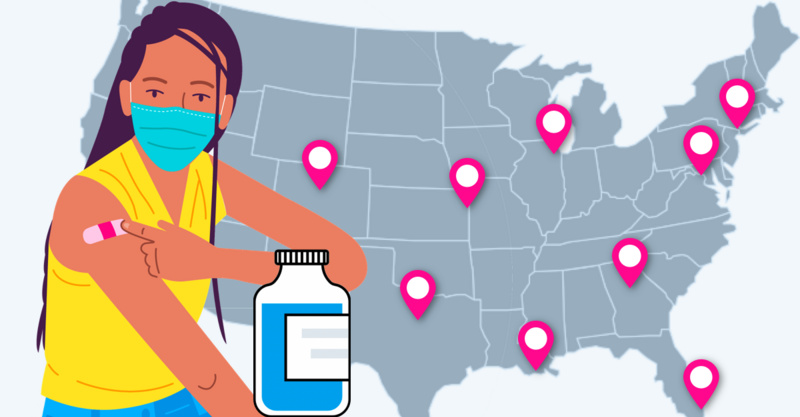Key Points
- Medical experts suggest avoiding the use of hydrogen peroxide and rubbing alcohol for cleaning cuts as they can damage tissue and slow healing.
- The proper steps to treat a fresh cut include stopping the bleeding, cleaning the wound with clean water, applying antibiotic cream or petroleum jelly, covering with a clean bandage, and watching for signs of infection.
- Signs of an infected cut can include increased pain, redness, swelling, discharge, red streaks from the cut, and possibly a fever.
- If a cut is caused by a dirty or rusty object, a tetanus shot may be necessary to prevent a potentially fatal bacterial infection.
- It's recommended to seek treatment at an urgent care center to prevent scarring, infection, and to receive a tetanus shot if necessary.
Did you know that medical professionals actually advise against cleaning a cut with hydrogen peroxide and rubbing alcohol? While this may have been something your mom taught you to do to clean the wound, these harsh liquids can harm the tissue and delay the cut from healing. If you receive a minor cut from slicing a bagel or rubbing up against something sharp, take the following measures to help make sure that the cut heals well:
How to handle a fresh cut:
- Stop the bleeding by applying pressure to the wound
- Clean the wound with cool, clean water
- Apply a light layer of antibiotic cream or petroleum jelly
- Apply a clean bandage over the wound
- Watch for signs of infection
Signs that your cut has become infected include increased pain, redness, warmth, and swelling around the cut, red streaks leading from the cut, and pus or discharge draining from the cut. You may also begin running a fever.
Additionally, if you’re cut by something rusty and/or dirty, you may need a tetanus shot in order to prevent infection. Tetanus is a serious and potentially fatal disease that’s caused by a bacterial infection. Tetanus bacteria infects people when they are cut by something dirty or rusty (like a nail) that has bacteria on it. If you’re an adult, a tetanus shot is recommended every 10 years, regardless of when the last time you’ve suffered a laceration. However, if you’ve been cut by something that you suspect may have been infected, and you havent received a shot in the last five years, you should receive a tetanus booster shot.
To prevent scarring, infection, and receive a tetanus shot, seek treatment at an urgent care center and you can help ensure that your cut heals properly and without incident.
Frequently asked questions
Why shouldn't I use hydrogen peroxide or rubbing alcohol to clean a cut?
These substances can actually harm the tissue and delay the healing process.How should I treat a fresh cut at home?
Start by stopping the bleeding, clean the wound with cool, clean water, apply a thin layer of antibiotic cream or petroleum jelly, cover it with a clean bandage, and monitor for signs of infection.What are the signs of an infected cut?
Symptoms may include increased pain, redness, warmth, swelling, red streaks leading away from the cut, pus or discharge, and possibly a fever.What should I do if my cut is from a rusty or dirty object?
You may need a tetanus shot to prevent a serious bacterial infection. It's best to seek medical attention in this case.How often should adults get a tetanus shot?
Adults should get a tetanus shot every 10 years. However, if a cut is suspected to be infected and it's been more than five years since your last shot, you may need a booster.When should I seek medical attention for a cut?
If you're concerned about scarring, infection, or if the cut was caused by a dirty or rusty object, it's best to seek treatment at an urgent care center.









